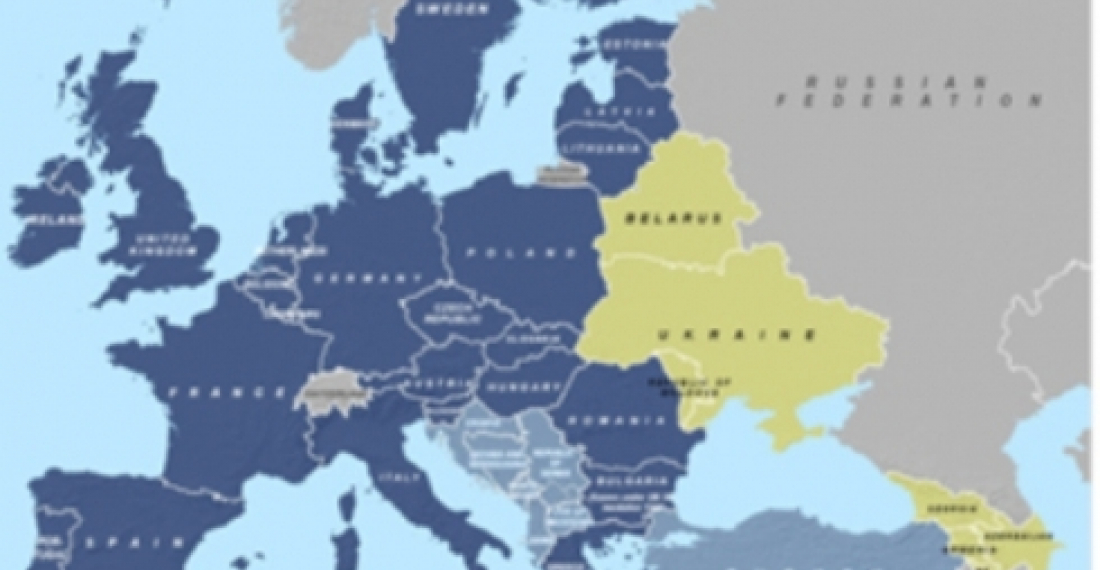The Summit of the European Union and its six Eastern Partner countries opened last night with a Gala Dinner for the Heads of Delegation at the Copernicus Science Centre in Warsaw. The Presidents of Armenia, Azerbaijan, Georgia and Ukraine, and the Prime Minister of Moldova are participating. Belarus is only represented by its Ambassador in Warsaw.
Ukraine and Belarus have overshadowed discussions in the run-up to the two day summit. The EU is concerned about the continued imprisonment in Kiev of former Prime Minister Yulia Timoshenko, whilst the continued clampdown on opposition in Belarus continues to make "normal" Belosrussian participation in these kind of meetings all but impossible.
The EU is hoping that the summit will help energise the Eastern Partnership, will confirm the committment of the six partner countries to the core European values, especially on democracy and human rights, and will map out the future relations between the EU and its Eastern neighbours for the future, including possible full membership in due course.
There will be two Plenary Sessions of the summit on Friday, and a concluding Press Conference is expected in the afternoon.
Source: Commonspace.eu







